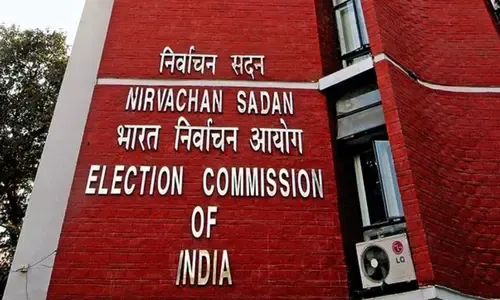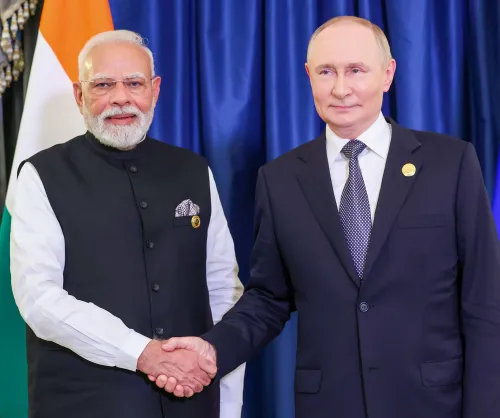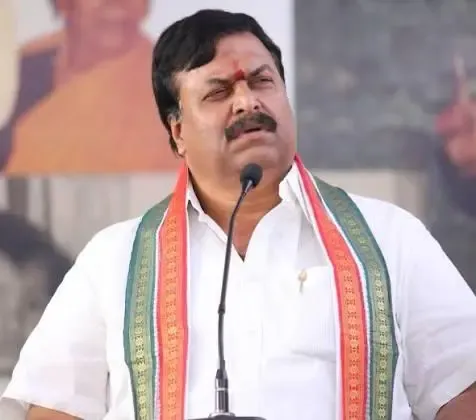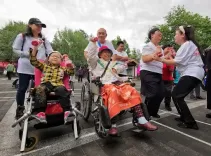Are Almost 50% of Voters Over 100 Years Old in Bengal Electoral List Deceased?

Synopsis
Key Takeaways
- 50% of voters aged 100 and above in West Bengal may be deceased.
- Special Intensive Revision (SIR) will help update electoral rolls.
- Concerns raised by political parties reflect the sensitive nature of voter registration.
- Preparations for SIR are underway, with a deadline set for October 15.
- Transparency in the revision process is crucial for electoral integrity.
Kolkata, Oct 12 (NationPress) Nearly 50% of voters who have either reached or surpassed the age of 100, and whose names are still listed in the electoral rolls of West Bengal, are said to be deceased, as per initial reports from the Election Commission of India (ECI).
The precise count of deceased centenarian voters still on the state's electoral rolls will only be determined upon the completion of the Special Intensive Revision (SIR), according to a source from the Chief Electoral Officer's (CEO) office.
As per the latest data from the ECI, there are about 13,000 centenarian voters in the state whose names remain on the electoral list.
The SIR in West Bengal is anticipated to commence shortly, with the ECI instructing the CEO’s office to ensure all preparations are finalized for the revision, particularly concerning the printing of enumeration forms by October 15.
A recent visit by a central ECI team to evaluate the SIR readiness in West Bengal concentrated on removing the names of deceased and duplicate voters from the electoral rolls. Likely, the first step will be to eliminate the names of deceased centenarian voters, as per the insider.
The insider elaborated on the duplicate voters issue, identifying two categories. The first includes individuals who have relocated within the state but are still registered at both their old and new addresses.
“In these cases, the name associated with the old address will be removed,” the insider indicated.
The second category consists of those who have moved out of West Bengal and registered as voters in other states while still being listed in West Bengal.
The SIR is set to unfold amidst strong opposition from the ruling Trinamool Congress. Recently, Chief Minister Mamata Banerjee expressed her discontent regarding the deletion of names from a specific religion after the SIR.
The following day, Trinamool Congress Lok Sabha member Partha Bhowmik warned that West Bengal could face unrest should even a single legitimate voter's name be removed post-SIR.
On Saturday, Kunal Ghosh, the state general secretary of the Trinamool Congress, threatened a mass protest in Delhi with a participation of one lakh if any legal voter's name is struck from the West Bengal voter list.










